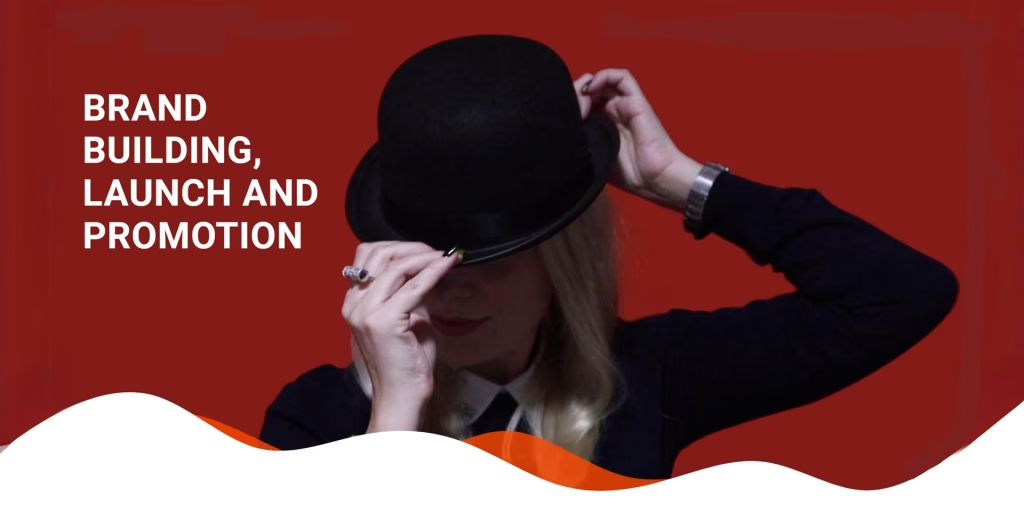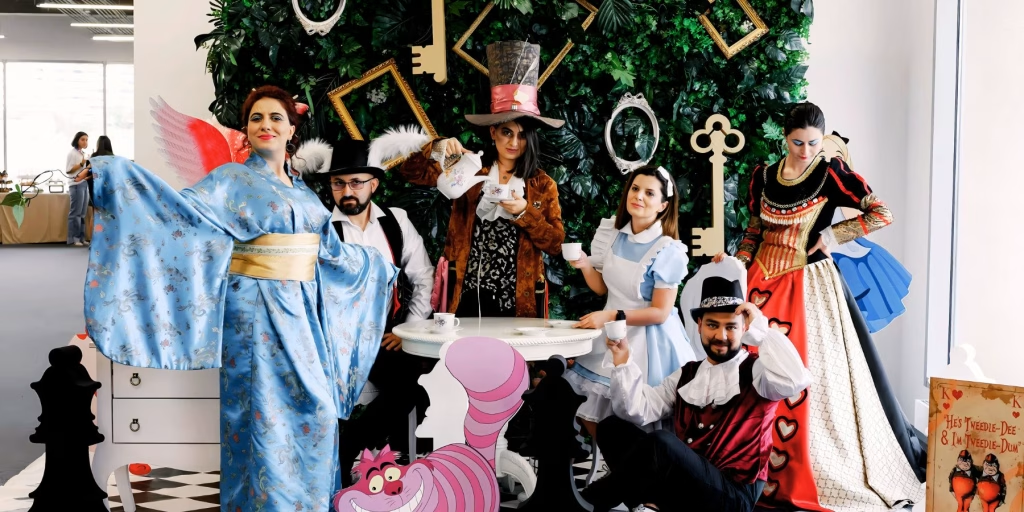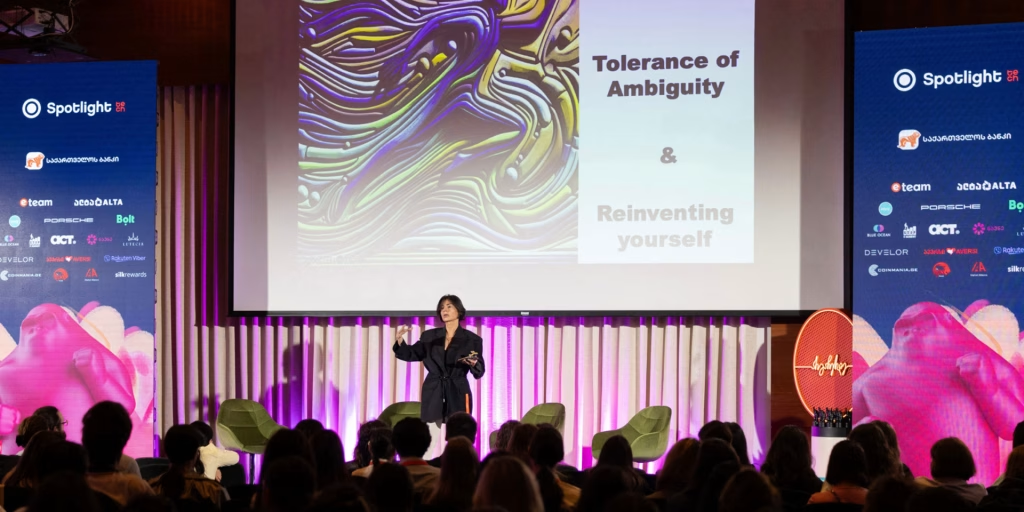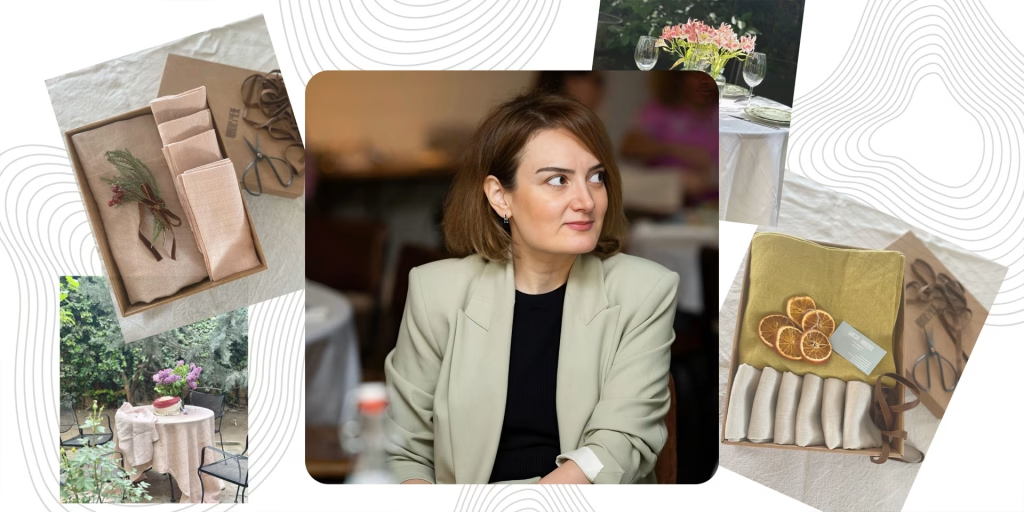
‘Time to put the spotlight on Georgia’s women entrepreneurs’
Diana Lezhava set out to create a high-end brand, made in Georgia. It didn’t work out, but she remains proud of what she achieved and has some sound advice for would-be female entrepreneurs.
For Diana Lezhava, with a background in the world of NGOs and education, starting a business was, she admits, “a kind of experiment”.
“It started during lockdown,” she says. “Locked in my sister’s house outside Tbilisi we were discussing the Georgian business landscape, and how the economy is dominated by a small number of players in a small number of sectors, such as construction.”
“We thought about manufacturing, and how little there is [in Georgia]. So we decided to try and change this, starting with ourselves.”
Both Lezhava and her sister, a banker, share a passion for interiors – not interior design per se, but the “nice things”, as she puts it, that personalise a home, or a business: tablecloths, napkins, aprons.
“There was a lot of this stuff around but much of it was imported and not of the highest quality. We set out to create high-end goods, made in Georgia, that balanced price and quality,” she says.
Making their first hire with both sisters working for nothing, the business, Harmosphere, was born.
Expansion came soon after following the award of a grant from Enterprise Georgia, a government agency focused on enhancing the country’s export potential.
“In the first two years we were very enthusiastic, and we invested a lot of time, a lot of energy and of course a lot of money in the business,” Lezhava adds.
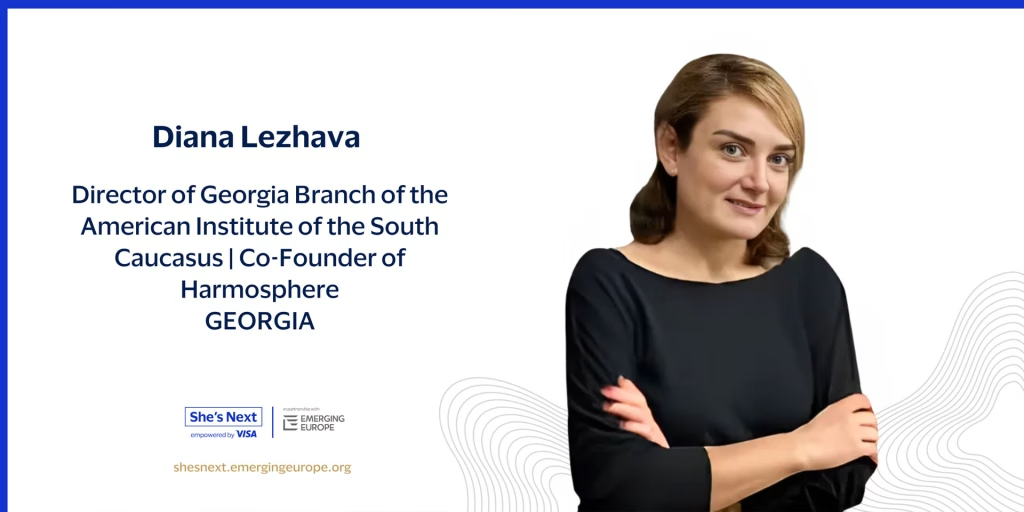
“But in the third year we found out that enthusiasm is not enough,” she admits. “The knowledge and skills we had were not enough.”
While not underplaying the fact that the problems Harmosphere faced were, “partially our fault”, Lezhava also suggests that the Georgian market was perhaps not quite ready for her high-end products. Another problem, meanwhile, was one that bugs many Georgian businesses: payments.
“We were waiting a year and half in some cases for the shops selling our products to pay us,” she says. “When you are a start-up with limited cash flow it’s crucial to know when money will be coming in so that you can plan accordingly. But we didn’t, and so this summer we took the decision to halt manufacturing.”
Lezhava admits that it was a difficult decision to take.
“I didn’t want to close it because it had become a sort of new life. It was a tough decision. It’s not only that you have invested a lot in energy or funds, it was also about our employees.
“It’s always very hard because they worked a lot, they were very dedicated and they made wonderful things.”
Satisfaction
Harmosphere has not been closed fully. Existing inventory is still being sold and a window has been left open for it to one day be relaunched. Right now, however, Lezhava says that’s unlikely. But she does not rule it out forever.
Certainly, Harmosphere was doing something right. “Just the other day I was talking with a former colleague who turned out to be a client and had purchased our goods two or three years ago when we were just starting. And she said, ‘Oh, I still have your products. I love them. And they are still the same shape as when I bought them’.”
“So I am proud that we made something that somebody has been using in everyday life for three years already.”
Likewise, Lezhava says that even though Harmosphere was a failure, “it was a good idea and it was something that gave me pleasure doing.”
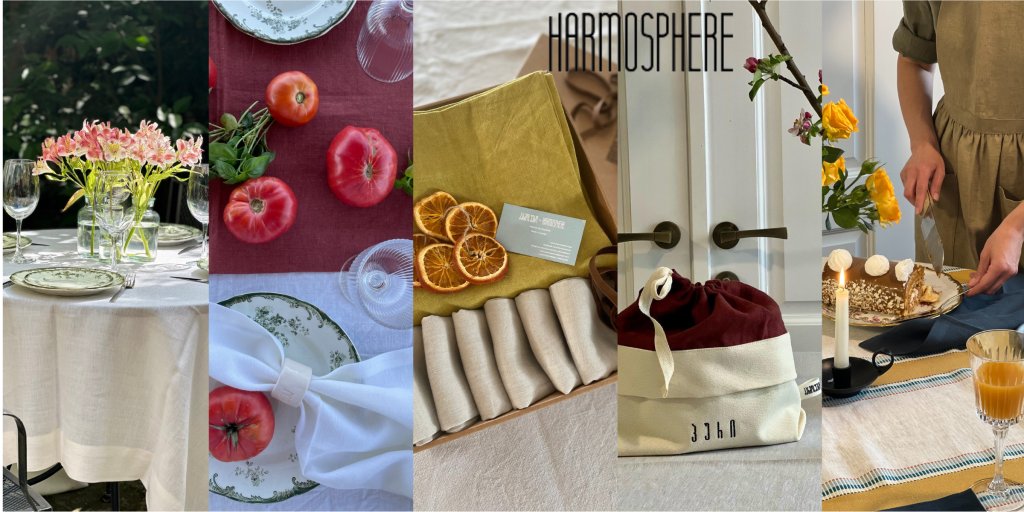
“Our customers were satisfied, happy with the quality. This feedback is very important because it gives you strength. So if I could turn back time I would do the same by all means, but what I would do differently is that I would not try to expand so fast. That was maybe a mistake. We should have kept it a little bit smaller for longer.”
‘If it doesn’t work out, you move on’
Looking at the wider issue of start-ups and entrepreneurship in Georgia, Lezhava believes that there is a real problem with access to finance – particularly investment.
While there are small grants available, such as those from Enterprise Georgia, “investment is not quite there for start-ups,” she says. “Opportunities are limited.”
It’s a problem that applies to men as well as women, she adds, but Lezhava does suggest that in what remains a relatively patriarchal society, women feel the pressure far more.
Nevertheless, Lezhava is convinced that women are the future of Georgia and says that would-be female entrepreneurs should not give up on their dreams.
“If you want to do something, if you dream of doing something and you are capable of doing something then nothing should hinder you. I think that women need the strength to start something, and to fail. If it doesn’t work out, you move on. But you have to take that initial step and be brave, brave enough to start.
“Since independence, this country has survived on the efforts of women. This is not an exaggeration. Now is the time to invest in them.”
New Free Courses — Made for Ambitious Women Entrepreneurs!
It’s time to grow smarter, adapt faster, and take your business global.
Explore two powerful courses available exclusively to She’s Next members:
The Reinvention Masterclass for Start-up Founders
Beyond Borders: Building for Global Success
Enroll today — it’s free!

